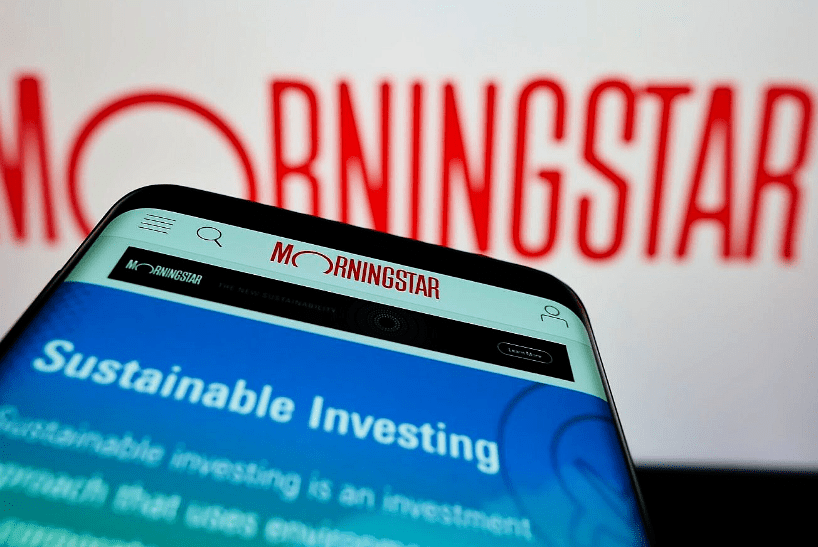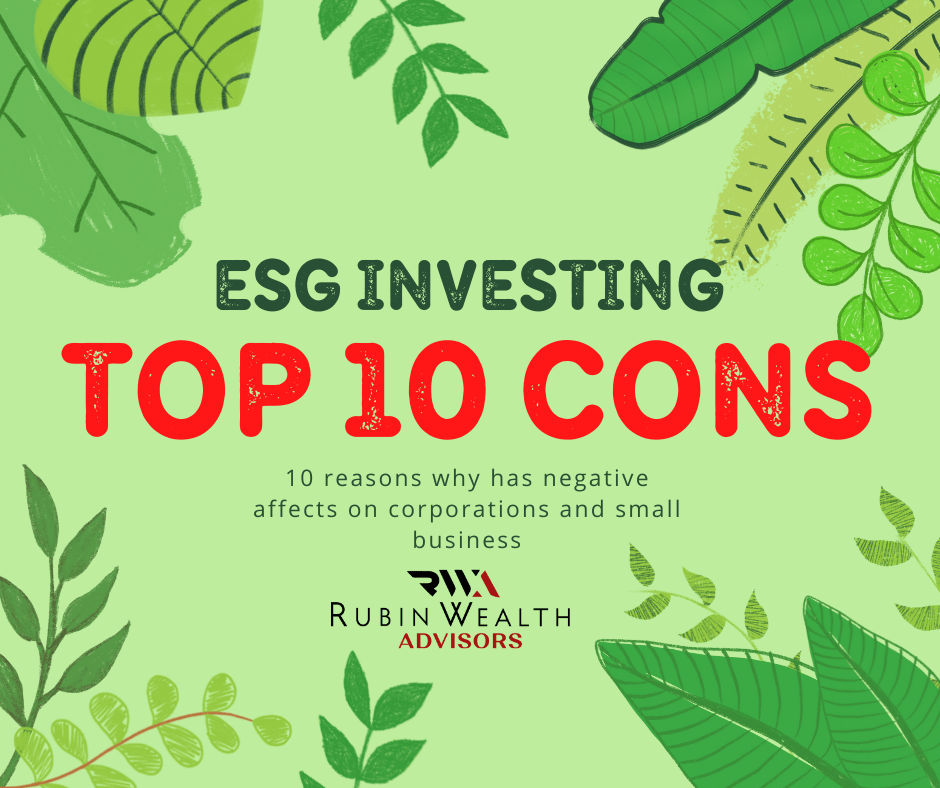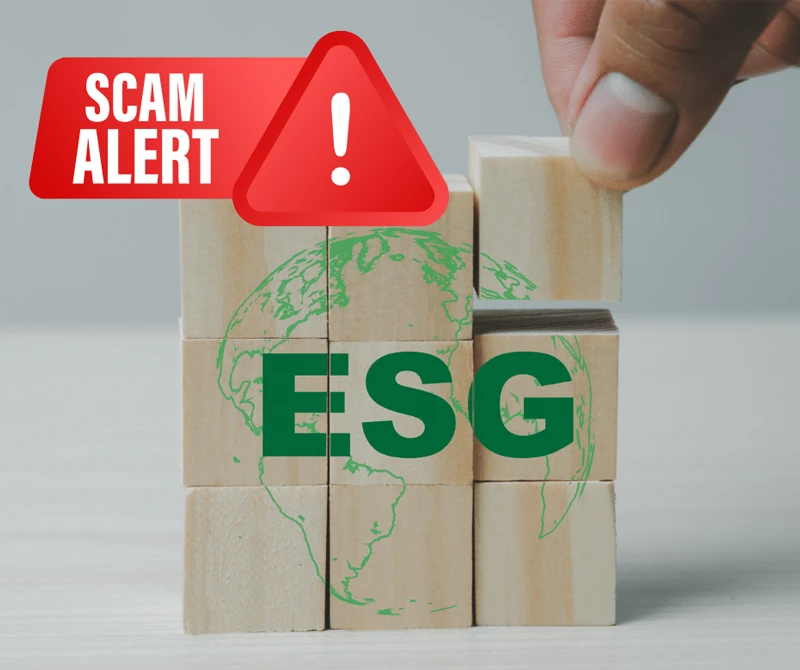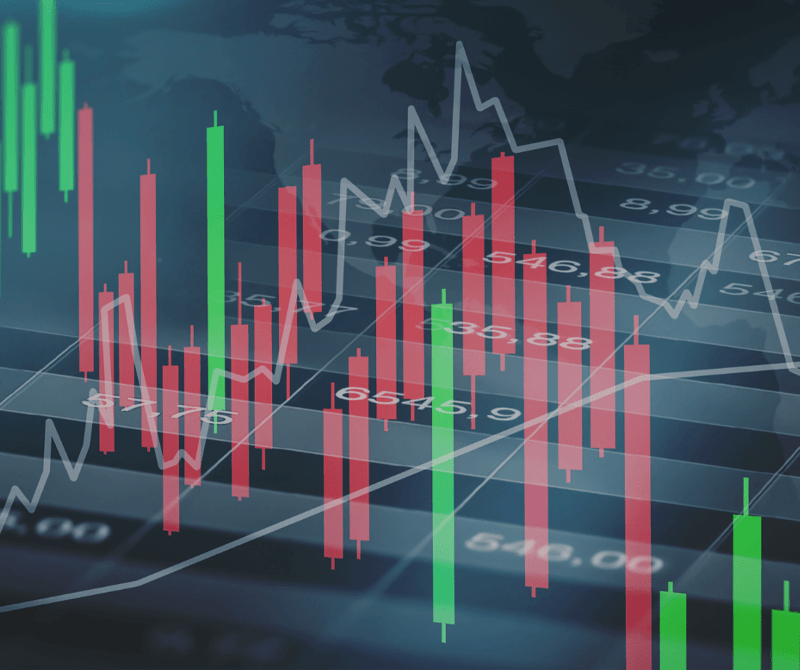Does ESG matter, and if so, why?
/in Uncategorized /by Chris Linscomb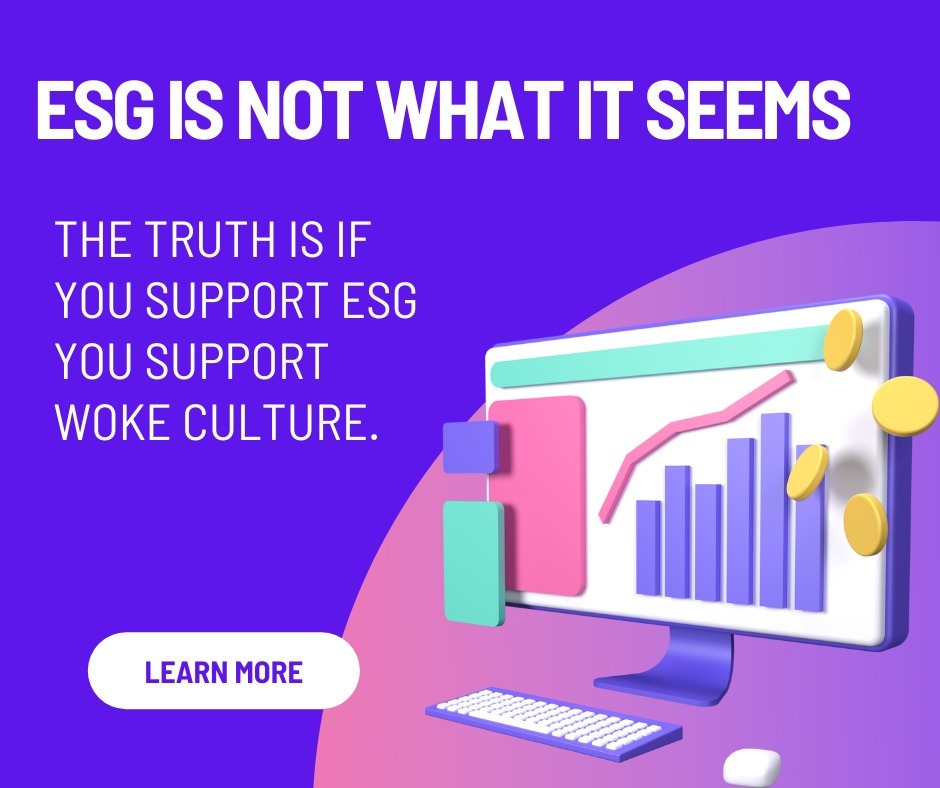
Without ESG investing, the world may be a better place.
With environmental devastation and social injustices putting a strain on the planet, a more robust environmental, social, and governance (ESG) rating system is needed to ensure investors get the positive impact they pay for.
Phillip Morris might have received more attention if the second wave of the pandemic or the post-election mayhem hadn’t resulted in the second wave of the pandemic. Despite selling 700 billion cigarettes yearly, the company still makes a profit. In his company, North America, he should include this company in the Dow Jones Sustainability Index for North America, a sustainability index with high product safety ratings, low greenhouse gas emissions, and inclusive boards. What makes this company an index candidate? Why should this company be included in this index?
There is a simple explanation for this. Despite being the hottest trend in investing today, ESG investing may have had a more significant impact on destabilizing society and the planet than if it hadn’t existed. This is because corporate citizenship standards are abysmally low, so it is likely to destabilize society and the earth rather than stabilize it.
Ratings provided by MSCI and Sustainalytics, which are based on ESG factors, are at the root of the problem. Contrary to popular belief, most ESG ratings have nothing to do with actual corporate responsibility. Instead, they assess the extent to which ESG factors jeopardize a company’s economic value. A company, for example, maybe a significant source of emissions but still receive an excellent ESG score if the rating firm views the pollutive behavior as well-managed or non-threatening to the company’s financial value. This could explain why Exxon and BP, both of which pose existential
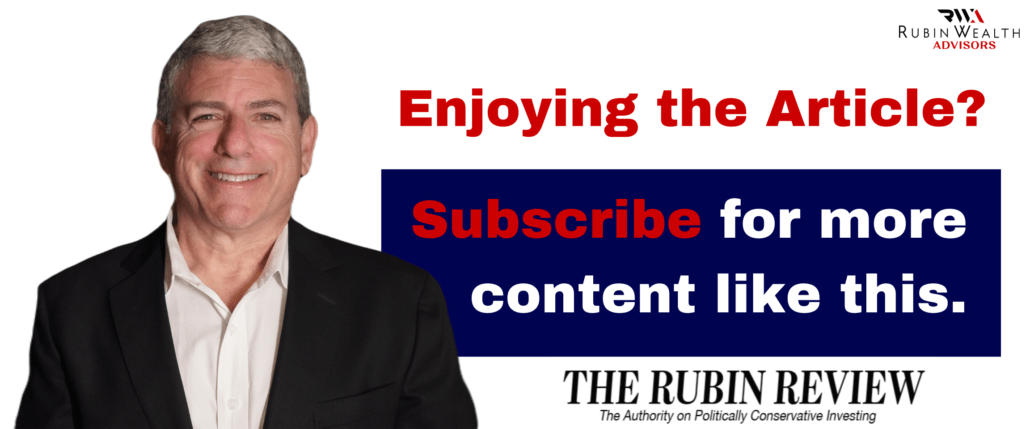
threats to the planet, are given an average (“BBB”) aggregate score by MSCI, one of the world’s leading rating agencies. It’s also possible that Phillip Morris created the DJSI for this reason. Even though its next generation of products will continue to be addictive and harmful, the company recently committed to a “smoke-free” future, which rating agencies may interpret as lowering regulatory risk.
The second point to consider is how rating agencies weigh each ESG factor. A composite ESG score is calculated by scoring companies on various ESG factors and assigning weights. Triple-A composite scores are awarded to companies with high ESG performance, while triple-C scores are awarded to companies with low ESG performance. Portfolios constructed by ESG funds and indexes are based on these scores. This appears to be a valid strategy, but it is not. It is subject to human judgment and sporadic access to ESG data, resulting in significant variation among raters. In addition, it makes it possible for companies to achieve high composite scores even if they harm one or more stakeholders while attaining high scores for every other indicator.
Take, for example, the brands Pepsi and Coca-Cola. Both companies have high ESG ratings from the major rating agencies. Because of their high rankings on metrics such as corporate governance and greenhouse gas emissions, they are frequently among the most significant holdings of ESG funds. As a result, their core business involves manufacturing and marketing addictive products, which are substantial causes of diabetes, obesity, and premature death. Coca-Cola and Pepsi, big companies with clout, hide their health consequences through extensive research and avoiding business taxes and regulations. The human and economic harm resulting from these companies may outweigh their economic benefits, as diabetes costs the United States more than $300 billion a year.
ESG funds’ top holdings include technology companies such as Alphabet, Amazon, and Facebook. Because their greenhouse gas emissions are predictable, they frequently receive high ESG ratings. However, few people regard them as good corporate citizens. Amazon uses predatory pricing and has poor labor practices. It has been demonstrated that Facebook and Alphabet’s business models have led to a rise in mental health issues among young people and the spread of dangerous hate speech and misinformation. Academics, policymakers, business leaders, and attorneys general have all labeled all three companies as monopolies that threaten the survival of the free market system. If a company’s core business model causes so much harm, it should be challenging to cover it up with “good behavior” on other parameters.
In addition, a large body of research demonstrating a positive correlation between ESG performance and financial performance has been published using ESG rating data in recent years. Their overarching conclusion is that investing in ESG factors will result in increased profits and better returns for investors. However, there are several issues with this. The first is that positive links are typically minor and highly dependent on how and over what period profits are measured. The second point to mention is that correlation does not always imply causation. For example, a recent blog post by Aswath Damodaran asserts that “adopting the ESG mantle is just as likely to make firms successful as adopting the ESG mantle.” Finally, the positive correlation is heavily influenced by the ESG rating system mentioned above, which is very easy to achieve. Indeed, most ESG funds have been overweight in technology companies that consistently outperformed the market. One could argue, however, that much of their revenue growth is due to the amplification of business models driven by algorithms that are frequently harmful to society.
Investors concerned about environmental devastation and inequality are becoming more eager to have their portfolios reflect their concerns as these issues reach critical junctures. Hundreds of ESG funds, with trillions of dollars under management, have been launched by large financial institutions, including Blackrock and Vanguard, to capitalize on this trend. Dollar flows into these funds were nearly 25% of total net mutual fund flows in 2020, almost ten times higher than in 2018. Because of their novelty, ESG funds have been profitable for financial institutions, allowing for higher management fees. The rapid shift in capital flows, according to proponents of “conscious capitalism,” demonstrates that business can be a force for good. While CEOs and Wall Street executives rejoice in a profitable movement that will improve their public image, the current system allows many harmful actors to operate freely. This attracts significant funds and lowers their costs of capital.
An entirely new rating system is needed to quantify the actual costs of corporate “market failures” on economic, human, and environmental factors. For example, Monopolies and monopsonies occur when a seller or buyer has little competition or large amounts of power, and negative externalities occur when the business directly damages a third party. As a result of forests being decimated, oceans being polluted, or pollution filling the atmosphere, environmental damage occurs.
As a result of such a system, companies that perform poorly on a single factor with high societal or environmental costs would not receive a high aggregate score. For example, even if a company were well-governed and environmentally responsible, it would receive a low score if it produced food products that were harmful to human health.
Because market failures are so common nowadays, most corporations rated in this manner would almost certainly receive low ESG scores, reducing the number of ESG investment opportunities significantly. As a result, the entire system, including the lucrative management fees charged by investment firms capitalizing on ESG investing for “conscious capitalism,” may halt.
That’s precisely what we need. CEOs have for far too long pursued “growth at any cost” strategies to maximize shareholder value. Despite ongoing disasters and injustices, they are portrayed positively by an ESG rating system that obscures the nature of their corporate citizenship. To be true ESG leaders, companies must pay their employees more, develop less addictive products, and increase their environmental costs. In other words, they may have to forego a profit. It won’t be easy to stay true to ESG.
If you’re more interested in achieving financial gains instead of perpetuating underperforming woke strategies, call Rubin Wealth Management to learn more.

Are you concerned about inflation, ESG compliances, and the 2022 crypto crash?
Your investment portfolio can be affected by any or all of these factors.
Schedule an appointment with Bob Rubin, your dedicated, conservative financial advisor, for a free portfolio analysis today.
Get started by clicking the button below.
Related Articles
No BS… Just straight forward advice
Contact Bob, the Nation’s Predominant
Politically Conservative Financial Advisor Today!

